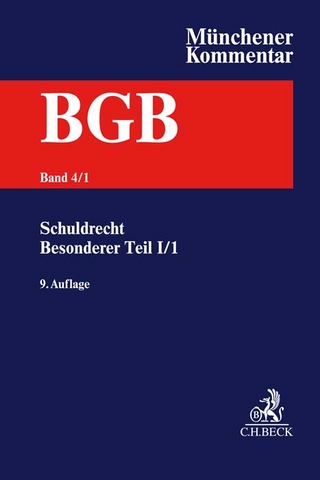
Recueil des cours, Collected Courses, Tome/Volume 320 (2006)
Martinus Nijhoff (Verlag)
978-90-04-15379-0 (ISBN)
Modern societies see a growing number of examples of couples living together without marital vows or other formality. Domestic law is slowly addressing these situations in the many fields that are potentially affected, including property, children's rights, inheritance, government and private retirement benefits, etc. As couples in such relationships move from one jurisdiction to another or have assets of multiple jurisdictions and as terminations of these relationships inevitably take place, lawyers and courts will inevitably face issues concerning the law applicable to their relationship and to its consequences. This volume addresses some of the issues that are arising from cohabitation without marriage and attempt to identify some of the possible solutions taking account, among other factors, of existing law, public policy and societal norms. Among these issues, the following will be addressed:
should conflict of law rules be used to address these conflicts or any other private international law method (loi de police, material rules)?
should the question of a non-married-couple's status be distinguished or assessed as an incidental question (question prealable), before dealing with the law applicable to the effects of such relationship?
should they be given a full status by one single applicable law, or should they receive merely a bundle of rights depending on a multiplicity of applicable law governing each one? (A single conflict of laws rule or several?)
which connecting factor (common nationality, last habitual residence, place of registration?) could best apply to the formation of their situation, to its dissolution and to its effects between themselves (extrapatrimonial rights, alimony, succession, property rights, constructive trusts) or towards third parties (children, contractual parties)?
which types of situations should be governed by such connecting factors: 'simple' cohabitation, union civile, pacte de solidarite, registered partnerships, etc? (Questions relating to the domain of the applicable law or to the qualification process).
The volume is published in French.
Co-publication with: The Hague Academy of International Law. The Academy is a prestigious international institution for the study and teaching of Public and Private International Law and related subjects. The work of the Hague Academy receives the support and recognition of the UN. Its purpose is to encourage a thorough and impartial examination of the problems arising from international relations in the field of law. The courses deal with the theoretical and practical aspects of the subject, including legislation and case law. All courses at the Academy are, in principle, published in the language in which they were delivered in the Collected Courses of the Hague Academy of International Law.
La cohabitation hors mariage en droit international privé, par G. Goldstein, professeur à l'Université de Montréal.
| Erscheint lt. Verlag | 9.10.2007 |
|---|---|
| Reihe/Serie | Collected Courses of The Hague Academy of International Law - Recueil des cours ; 320 |
| Sprache | französisch |
| Gewicht | 715 g |
| Themenwelt | Recht / Steuern ► EU / Internationales Recht |
| Recht / Steuern ► Privatrecht / Bürgerliches Recht ► Internationales Privatrecht | |
| ISBN-10 | 90-04-15379-9 / 9004153799 |
| ISBN-13 | 978-90-04-15379-0 / 9789004153790 |
| Zustand | Neuware |
| Haben Sie eine Frage zum Produkt? |
aus dem Bereich


